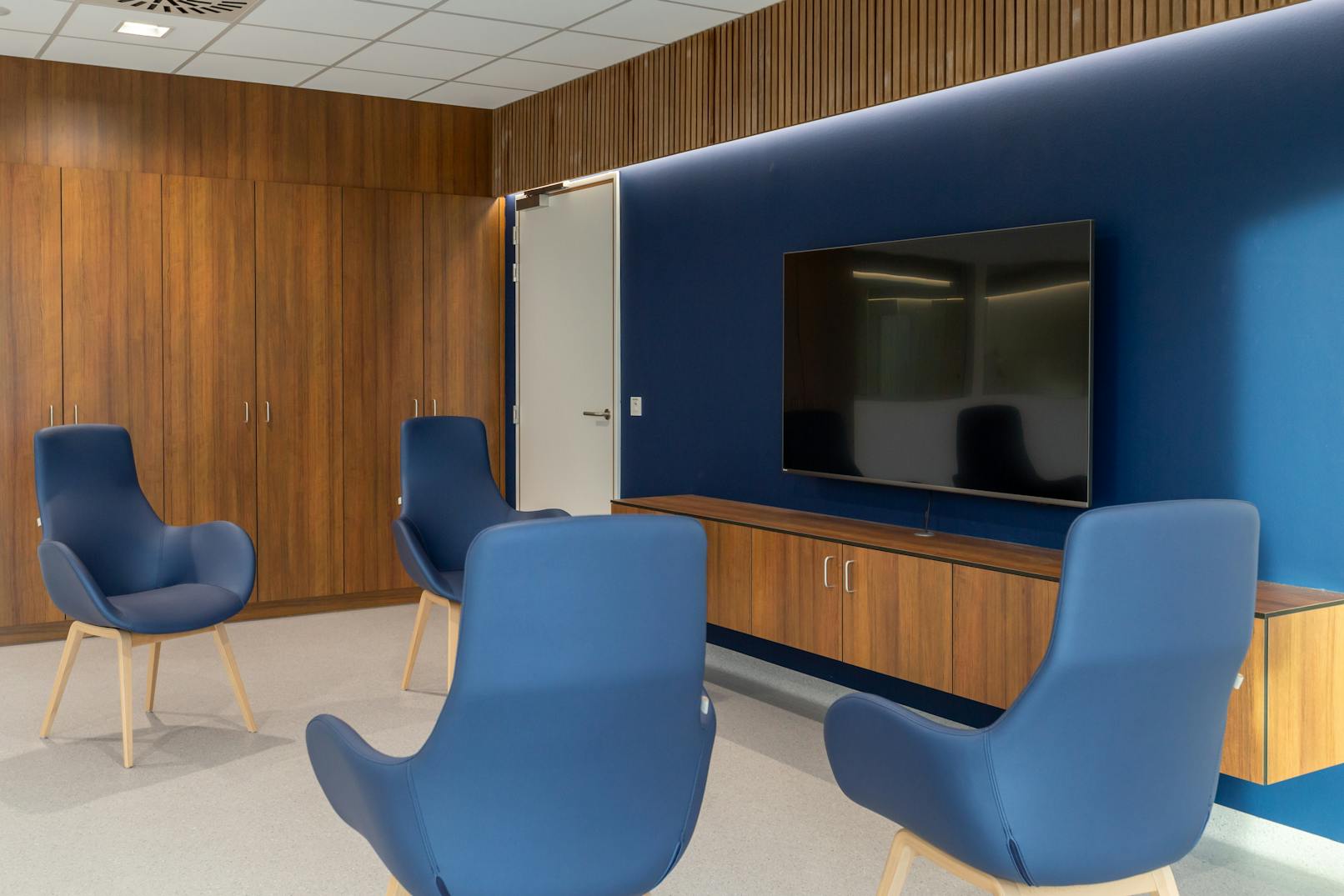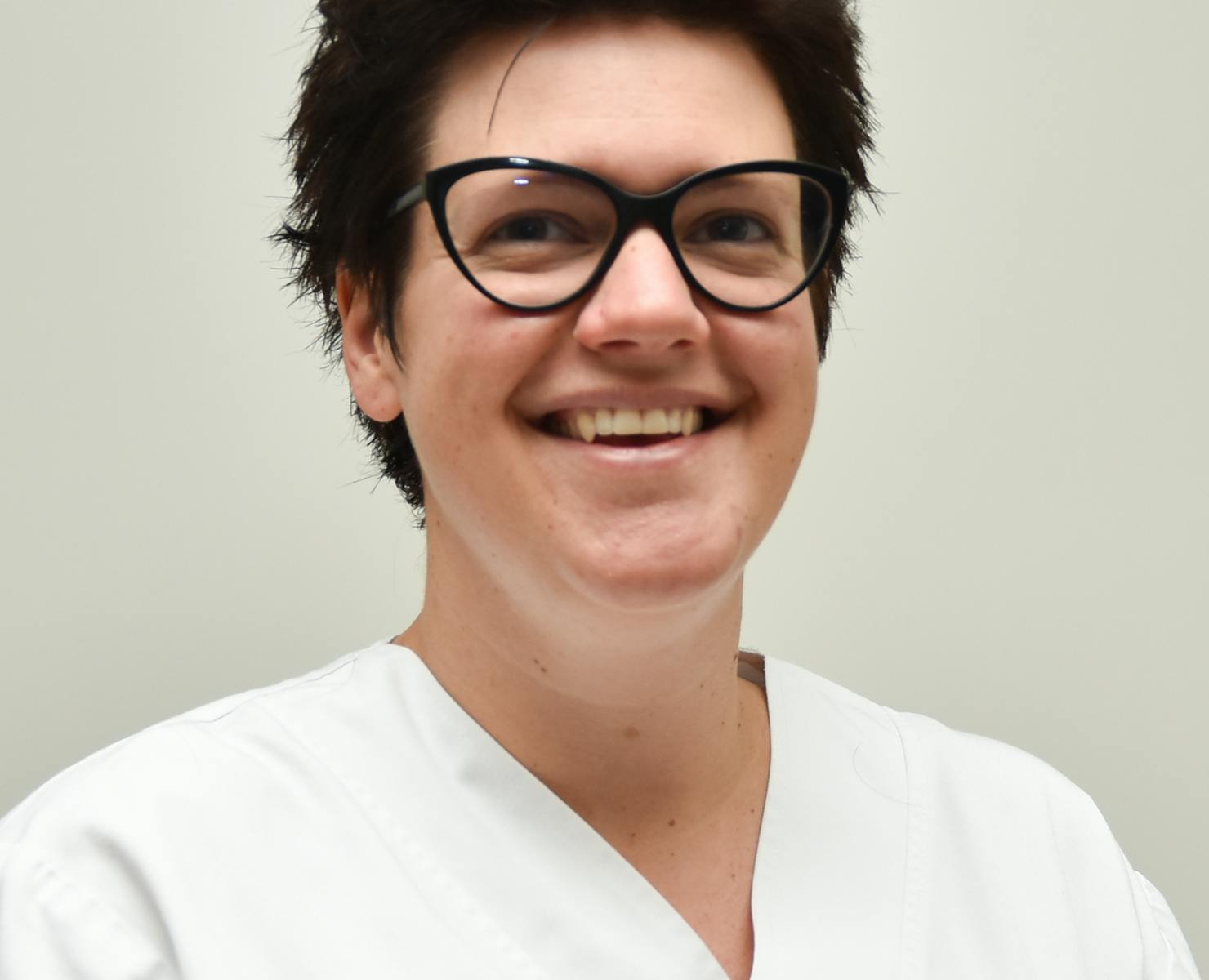Jan Yperman Hospital's Sp Locomotor Rehabilitation 2 is a ward where adult patients after polytrauma, amputation, hip/knee surgery can go for long-term intensive rehabilitation during their hospitalisation.
The main objective in locomotor rehabilitation is to improve the quality of life of persons with severe mobility problems. We do this by optimising their recovery, on the one hand and, on the other, by helping them to regain maximum autonomy in spite of the limitations incurred.
Patients with muscle, joint and nerve injuries as well as patients with heart and lung diseases can be treated here. Rehabilitation focuses in particular on patients with a complex rehabilitation process.
All patients requiring rehabilitation on the condition that:
These include:
Morning
Afternoon
Evening
In consultation with the patient and their family, the social service examines which home assistance is required and which adjustments are needed in the home situation.
You can make an appointment through the head nurse of the rehabilitation department or contact social services directly on 057 35 66 62.
If returning home is not possible, alternatives are considered together (adapted residential care home, long-term rehabilitation centres, etc.).
If you wish, you can also continue your rehabilitation in hospital on an outpatient basis after your admission.
Focus on the rehabilitation process together with your fellow patients
The department is located in the newest part of our hospital. The infrastructure is therefore fully tailored to patients with high rehabilitation needs. We have our own separate rehabilitation room in which patients can continue their intensive rehabilitation process on weekdays. This will often be in groups with fellow patients. (Perhaps add a picture of the rehab room?)
In addition, the department has its own communal day room in which the necessary afternoon therapy can be offered, but where patients can also socialise with fellow patients and visitors.

Personal care
The patient is seen by a rehabilitation doctor, nurses, physiotherapist, and an occupational therapist. A multidisciplinary team meeting is organised once a week to discuss the patient’s evolution and to initiate appropriate treatment. This weekly team meeting allows us to apply the best possible rehabilitation therapy.
It also involves close cooperation with all the specialists at JYZ who monitor the patients on the ward when necessary. This allows us to set up a personalised rehabilitation programme and to evaluate and adjust the medical care on a day-to-day basis.
Making decisions together within your discharge process
The family (and caregiver) are also asked to participate in (a certain part of) the rehabilitation process in the context of the patient’s discharge.
In consultation with the department, you may be allowed to go home during the weekend.
First floor - rooms 960 - 977

Magali Cappoen